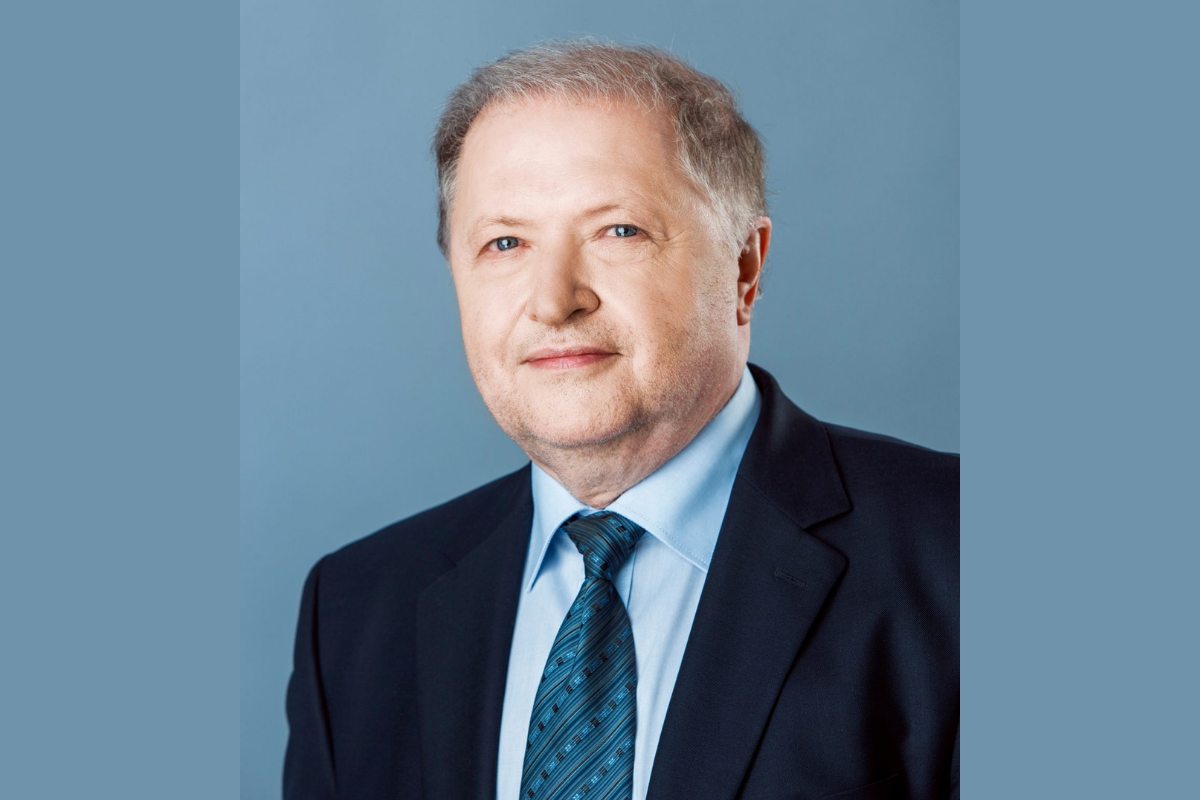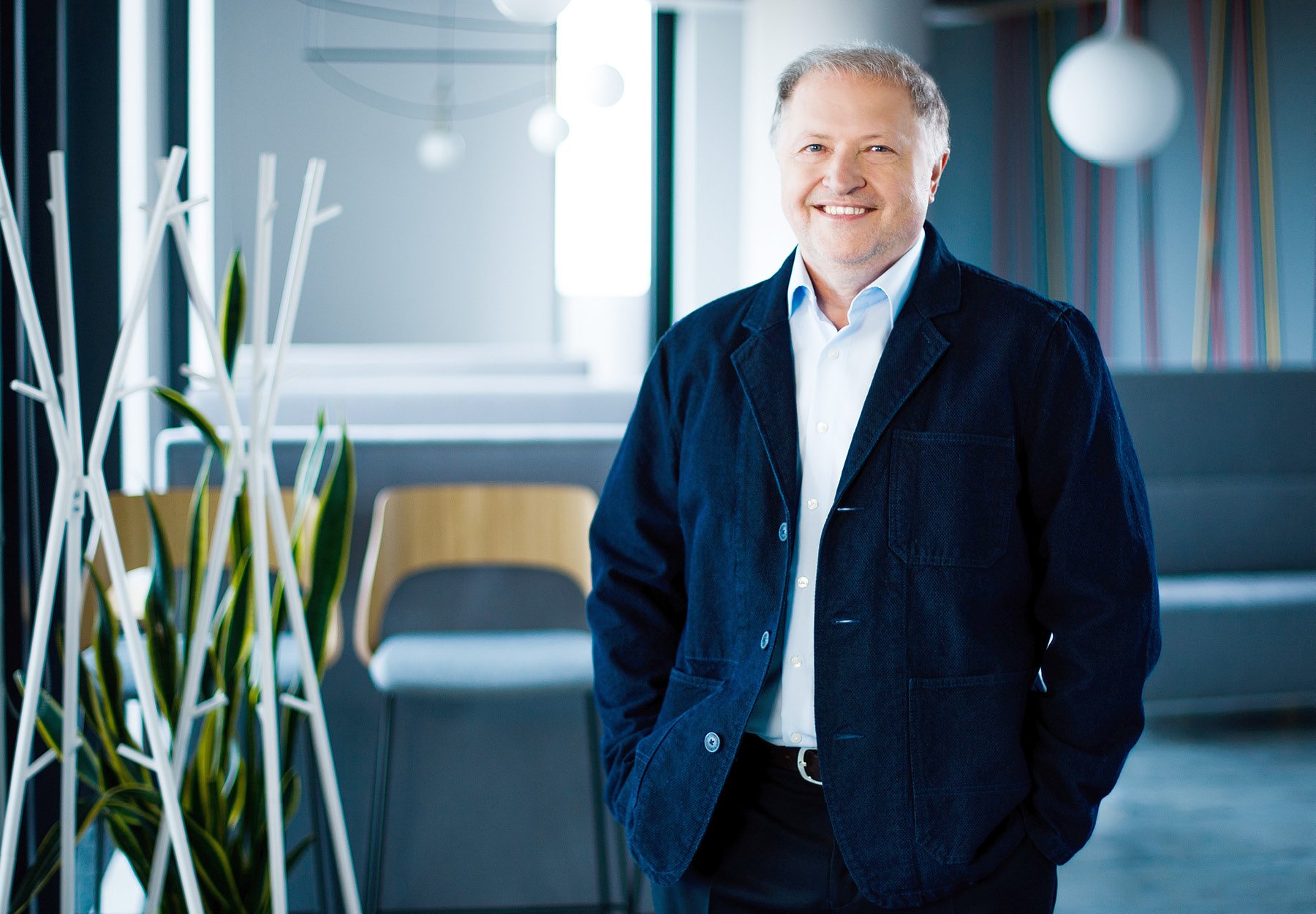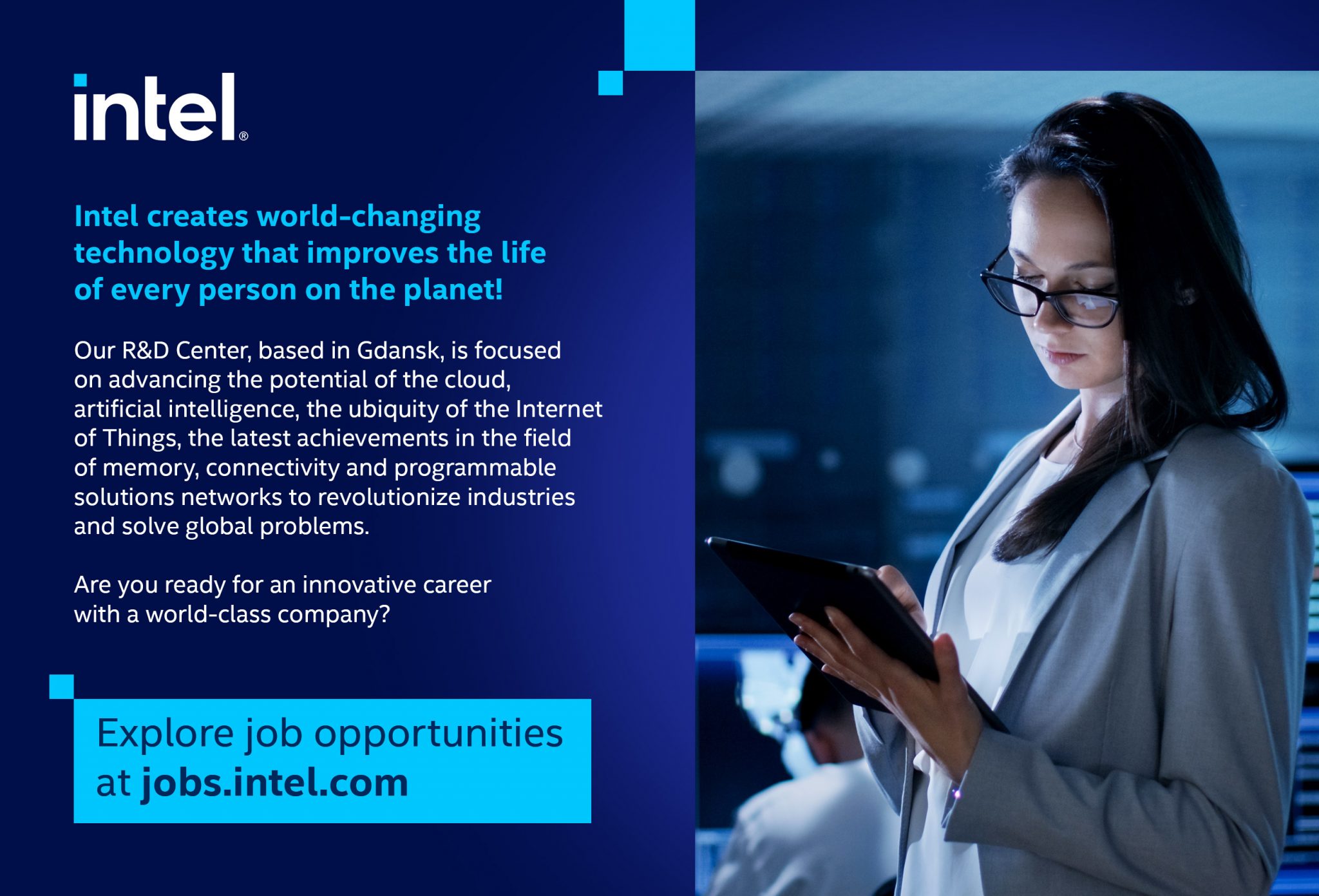Many business leaders found the past two years some of the most challenging of their entire careers, due to the additional issues that COVID-19 brought to the business environment. Ryszard Dyrga, General Manager of Intel Poland, faced a shift to a new business normal and quickly responded to almost overnight changes to ensure staff were looked after. Intel was one of the first companies in its industry that shared details about future workforce planning.

“Starting in July 2021, we introduced more flexibility into our working models that empower employees to do their best work in a way that makes sense for them, their teams and our business needs, while continuing to build and strengthen our culture, and recruit and retain the most diverse and inclusive talent,” Ryszard says.
As a direct result of the COVID-19 pandemic, Intel Poland saw incredibly strong demand for PCs, as well as for cloud and network infrastructure. But thanks to the high level of automation in the development process, negative impacts were relatively low compared to other enterprises.

“We adhere to the principle of tolerance to failure. Innovation is a challenge because we often enter unknown territory and sometimes things can go wrong.”
Set up before the health crisis, Intel Poland has a distinctive software development methodology that enables all process control to be done remotely. “COVID-19 was proof that our system can work remotely,” Ryszard shares.
One of the only systems that is not currently automated is the process that changes configurations of the systems under test. “A small group of engineers had to manage our remote labs locally from time to time. But this is a small group of people and managing COVID-19 safety requirements was not a problem,” he explains.
Employee focused
In such a competitive market for talent, many companies are finding it difficult to find the right staff for their needs. Ryszard believes that employees are the most valuable part of the business because they define the company’s success. “First, we provide opportunities to develop their expertise in innovative technological domains, and we allow people to transition from one group to another in case they are highly motivated to expand their knowledge,” he says.
“All engineering service suppliers in Poland like to work for Intel, so stability of the partnership is not a problem – what we care more about is efficiency of the collaboration.”
Innovation is a crucial concept for Ryszard and he is aware that for Intel to bring the most cutting-edge solutions to market, an environment of innovation has to be fostered at all levels of the business. “We adhere to the principle of tolerance to failure. Innovation is a challenge because we often enter unknown territory and sometimes things can go wrong,” he says. “We focus on employees learning from mistakes and treat it as a development. Of course, we don’t want these mistakes repeated continuously.”
Beyond the career development opportunities, employees are also able to seek a career outside Poland, depending on competences, business needs and the availability of job offers, as well being able to patent and publish in technical journals.
Stable partnerships
Every year, Intel introduces new platforms for different segments of the market, meaning that the engineering load can have large peaks throughout the year. Having strong relationships with strategic suppliers helps manage these peaks of required engineering bandwidth and optimise Intel spending.

“Suppliers are also helpful in the case where the generic solution from Intel requires some customisation but Intel resources are not available. We use help from suppliers to scale customisation efforts,” Ryszard reveals.
One of the benefits of being part of a global organisation is that Intel Poland is able to negotiate preferential prices for different geographies. In effect, an approved global supplier list is offered and, as a result, suppliers get more business in exchange for better cost structure and unified services. “All engineering service suppliers in Poland like to work for Intel, so stability of the partnership is not a problem – what we care more about is efficiency of the collaboration,” he adds.
Easy Transition
After spending more than 20 years of his professional career on building networking expertise, Ryszard was more than ready to join Intel Poland.
“Joining Intel was in perfect alignment with what we’d done so far and created new opportunities to work on network processors and apply it to cellular networking, which was a new experience for me and my team. This has greatly extended the spectrum of our expertise,” he says.
Proudly supported by:



